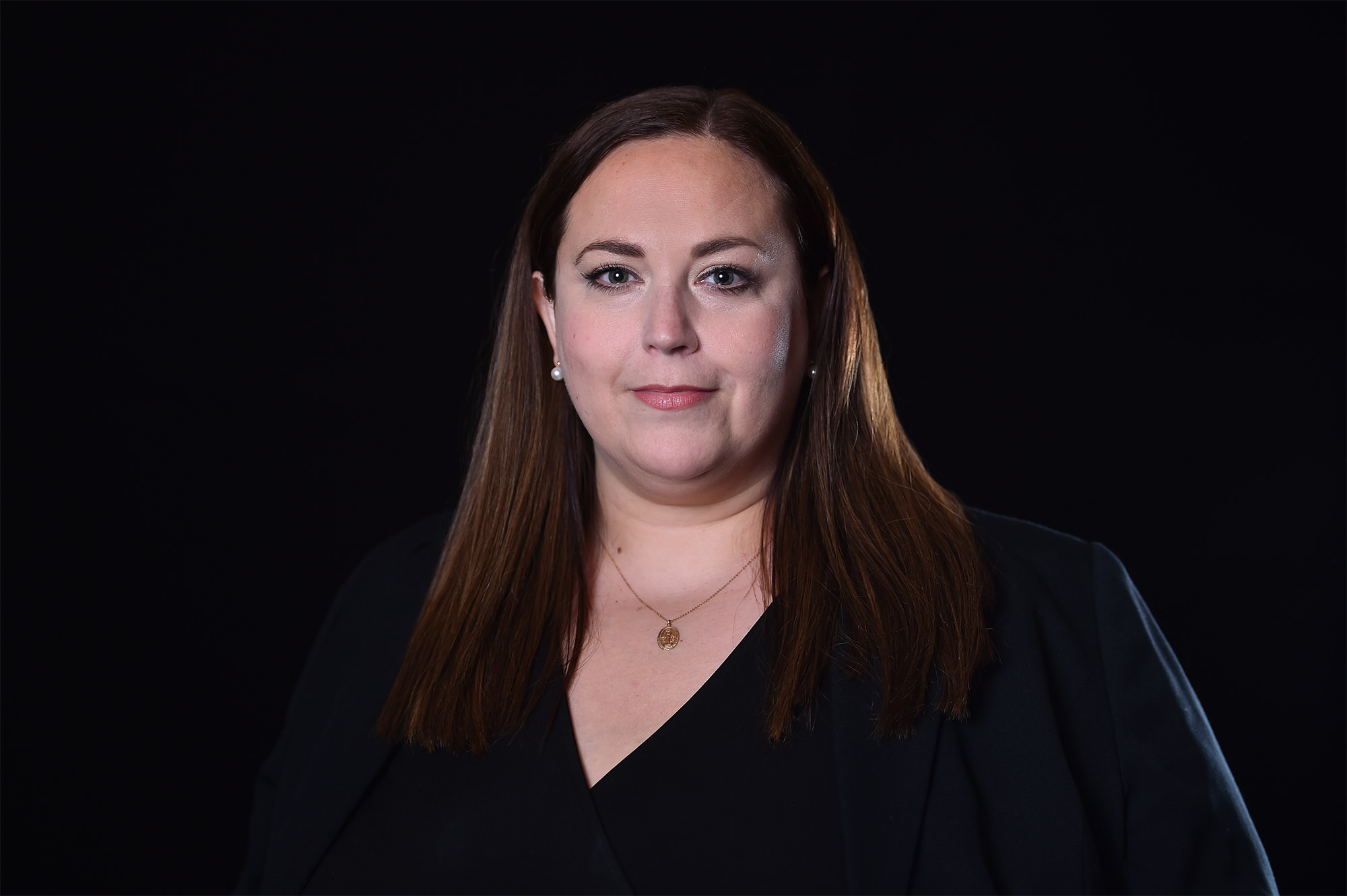One of the challenges advisors continue to face is how to interest and involve the next generations with succession planning and managing family wealth. The Boomer generation, which largely holds the family wealth, is slowly transferring and making plans for the transition of it to the next generations (Millennials, Generation Z and the microgeneration who sit on the cusp of the two cohorts, the Zennials).
If the media is to be believed, the gap in ideologies between the Boomers and the Zennials (we include within this term Millennials and Generation Z but will use ‘Zennials’ as short hand for the three generations within this article) is vast and unforgiving.
Boomers have the reputation of being hard-working and driven whilst the Zennials are reputed to focus more on work-life balance and being more interested in demanding social and environmental justice from the powers that be. The Zennials also grew up within the Digital Revolution and embrace technology and the changes it brings to the world, they want to be a part of it and use all of the latest technology to its full advantage. With these technological advances, it has been suggested that attention span is waning so the professionals will have to adapt to perhaps shorter, more succinct snippets, rather than lengthy tomes.
Any sensible advisor will tell you, a key part of succession planning on behalf of your clients is bringing the next generations into the running of the family wealth and garnering their interest and attention at the same time. So, how can this be done when the generations are sometimes poles apart?
- Most families with advisors will have meetings with their panel of advisors on a fairly regular basis and the format of these meeting could perhaps be tweaked so that they may appeal more to the next generations. Perhaps the meetings could include a remote element for those who do not want to, or cannot easily travel to the meeting location (the insurgence of Zoom and Teams makes this now very simple to arrange);
- a way of working together and sharing documents online to allow collaboration should be explored – if the system chosen allowed all users to annotate and comment on documents (particularly meeting agendas and documents setting out future plans) could encourage the Zennials to look at the paperwork in small segments prior to a meeting, rather than find a number of hours to go through a large pack of information in one sitting;
- Philanthropic ideas could be added to the agenda – discussion with the next generations about their wishes and thoughts for good use of the family wealth could buy their engagement but also allow the family’s wealth to do some good in the world.
One of the key considerations in any change of generation is what the next generation value and how they see their family wealth. We are moving away from essentially a post-WW2 outlook which had at its heart the long-term preservation and building up of family wealth to ensure that multiple generations could be provided for. We are now approaching the time where those events are buried deep in the collective memory, and the dangers are perhaps less immediate and concerning.
Nevertheless, the major economic events in the last decade or so and, not least, Covid-19 and the global response, have shaped the way the next generation view collective wealth and there is still a need to protect and plan ahead. After many years of almost constant growth, there is again the knowledge that everything is cyclical and things which have been built up can come crashing down very quickly. It is, therefore, absolutely the right time to engage the next generation in key planning strategies and ensuring that these are tailored to their needs. Often these will be inherited structures so there is always the question of how to adapt these going forward.
- Family Investment Companies (FICs) have been quite popular due to their broadly lower tax rates than trusts. However, one of the disadvantages of a FIC is the need constantly to bring in new family members or to consider adapting regularly. There is arguably more involvement needed by the directors who are usually family members than being able to delegate to professional trustees, for example. The increase in Corporation Tax rates as well have meant that FICs are probably not the current favoured option for the next generation.
- Trusts are, more often than not, the structures which the next generation will take over. The key consideration for many families is how involved they want to be in the day-to-day. There is an assumption that the answer is not much, though there will be some who are engaged and do see themselves coming in as the head of the family. Trusts are flexible in their control as trustees outside of the family (often professional trustee companies) can be appointed, who are able to act on their discretion in how to manage assets and preserve wealth going forward. These are time-honoured vehicles to ensure flexibility and continued asset protection. Trusts have undoubtedly become less popular, but as a vehicle that affords protection without the need to be hands-on in the day-to-day running, we maintain they are unbeatable, and believe they will maintain their appeal for a generation that is able to dip in and out and use technology to review things in a matter of minutes on the move. Creative use of technology by law firms, professional trustees, accountants, and investment managers can make this very simple and adaptable to the next generation. There is also a demand for trustees to consider alternative assets, social and environmental investments, and philanthropy. The delegation to investment managers with a family mission brief ensures that these considerations can be taken up and become a key factor in the make-up of trust assets. Considerations such as philanthropy and ESG investing are important to the next generation and many investment houses are prioritising and highlighting these elements in their reports.
- Alongside the use of trusts, there has reportedly been a good rise in the number of Zennials making Wills. The importance of making a Will cannot be exaggerated and professional advisers need to bring these important issues to the table when engaging the next generations. It is increasingly important with a departure from the traditional family structure and often with the law not able to adapt in the same way. Wills become a flexible vehicle to ensure protection which cannot be afforded under the rules of intestacy.
- For those with more traditional family structures, other important planning tools are pre and post-nuptials which are very important when we see so much divorce in an increasingly litigious environment. The next generations may need to be reminded of the risk here and the need to protect their family’s wealth, where possible.
Although generations differ in their outlook, it would be wrong to think that the same considerations are not still prevalent and it is up to professional advisers to ensure that they adapt to engage the new custodians. The same historic considerations will be facing the next generations though perhaps in a different guise. Often, the next generation will, as their parents did for them, want to ensure that the family wealth can be protected and passed down and the mechanisms available to them are not vastly different from those which have gone before.
The challenges faced in managing family structures are always ever-ancient, ever-new, and we should be looking to encourage and bring the thinking and values of the next generation into the mix.





